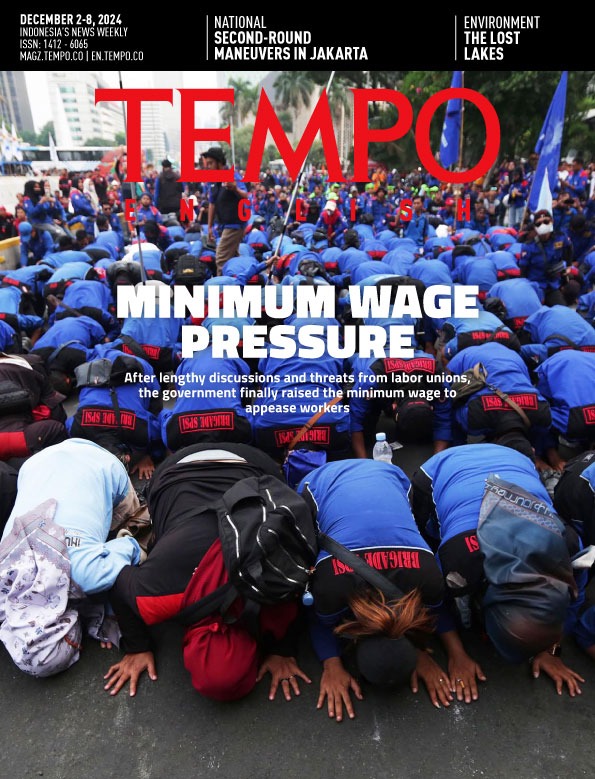The Javanese of Sarawak
Tuesday, April 15, 2008
arsip tempo : 173510779080.

“Piye kabarmu, Kang (How are you, Brother)?” “Kok dewekan koyo bambang ae (Coming alone, as if still unmarried)?”
SUCH warm conversation in Javanese is still heard every time the Javanese gather at wedding parties at Desa Sri Arjuna, a Javanese village about 18 kilometers from downtown Kuching, the state’s capital. People know the street as a Javanese village where descendants of kuli kontrak, contract laborers who arrived in Sarawak
...
Subscribe to continue reading.
We craft news with stories.
 For the benefits of subscribing to Digital Tempo, See More
For the benefits of subscribing to Digital Tempo, See More







